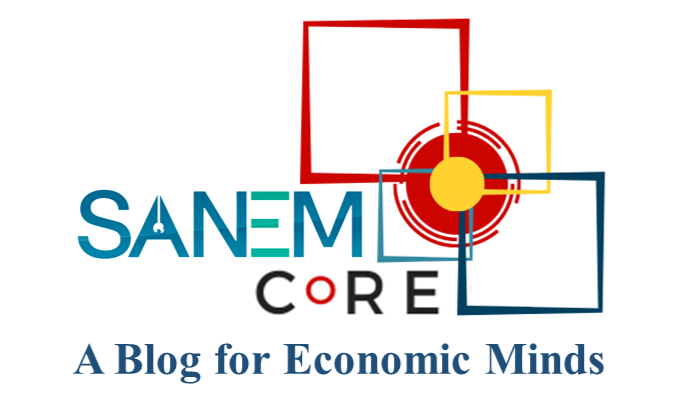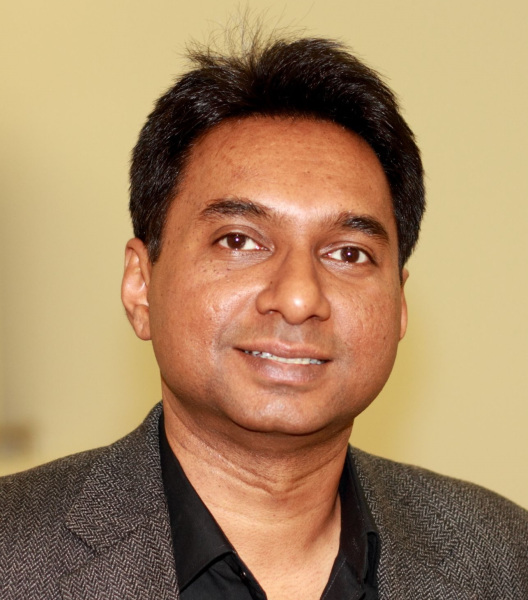There are no visible integrated or effective initiatives to bring down inflation. Bangladesh Bank has relinquished control on interest rates and the rates have seen a rise. While this may play a role in reducing inflation, but that depends on the time. If interest rates increase on one hand, and the dollar rates also increase, then it will not be easy to control inflation. After all, if the dollar rate increases, then costs of importing commodities and raw material will also increase.
Alongside the measures to increase bank interest rates, commodity-wise initiatives are also required. Take beef and eggs for example. The price of these two commodities is higher than in neighbouring countries. If necessary, beef and eggs can be important for a limited span of time. That should be a market management strategy. The market cannot be controlled by fixing prices.
Stress must also be placed on reducing inflation by means of revenue policy. If the prices of commodities go up in the global market, if the dollar rate goes up, then the government’s revenue income increases. That is because tax is then imposed on the additional costs.
So far duty would be imposed on commodities based on the Tk 110 dollar exchange rate. Now if the taxation is based on the Tk 117 rate, then the government’s revenue will increase. But import costs will also increase, and the people will have to bear the brunt of these additional costs.
Concessions must be given on the commodities upon which high tax is imposed. The government, for example, imposes Tk 30 customs duty on one litre of diesel. If there is a concession of Tk 10 here, then the price of diesel will go down. This will have a positive impact on transport fare. Production costs will also go down in the agricultural sector.
There are many things that can be done if the government wants to bring down inflation. The question is whether the government wants to do that or not.
The article was first published in Prothom Alo English, on 13 May 2024.


RECENT COMMENTS